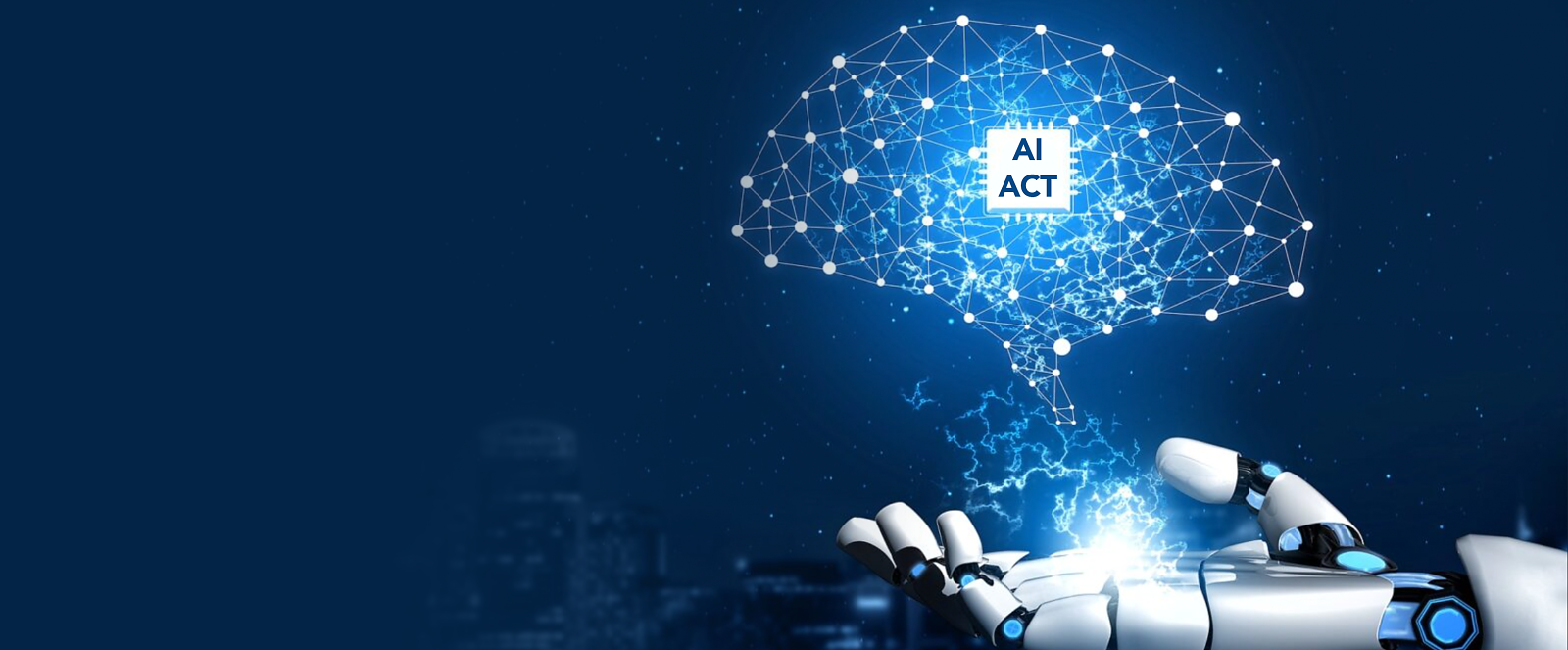AI vs. the Brain
Artificial intelligence (AI) is the simulation of human intelligence processes by machines, especially computer systems. Specific applications of AI include expert systems, natural language processing, speech recognition, and machine vision. AI programming focuses on three cognitive skills: learning, reasoning, and self-correction.
In general, AI systems work by processing large amounts of labeled training data, analyzing the data for correlations and patterns, and using these patterns to make predictions about future results when the input conditions are similar. An example of this would be when a chatbot that is trained with examples of text chats can learn to produce human-like exchanges with people, or an image recognition tool can learn to identify and describe objects in images by reviewing millions of examples.
As a curiosity, the best computer processing hardware for processing large amounts of data are graphics cards initially developed for gaming. Graphics processing units (GPUs) can dramatically speed up computational processes for AI. They are an essential part of a modern artificial intelligence infrastructure. New processors have been developed and optimized specifically for AI.
Although we have seen tremendous technological development in the last few years, the human brain easily keeps the lead in intelligence over machines for several reasons. First, the brain can store and process information within the same units, neurons, and synapses. Second, apart from the superior architectural design, the brain holds the advantage in the number of cores if neurons are assumed for the comparative role. Advanced supercomputers have up to 10 million cores, while the brain features nearly 100 billion neurons. In the 2000s, the complexity of the entire Internet compared to that of a single human brain. The brain is so good at some activities that we take its strengths for granted, like recognizing a cat, telling a joke, or making a jump shot. Brains are also about 100,000 times more energy-efficient than computers.






